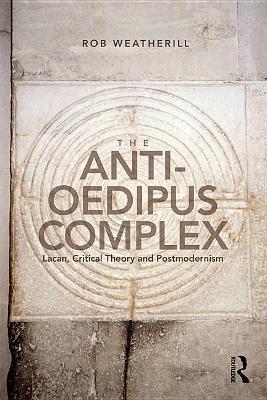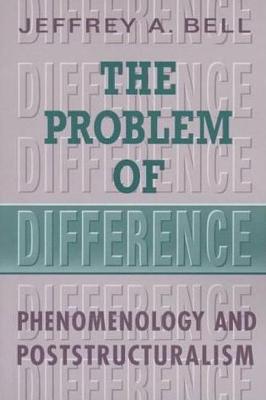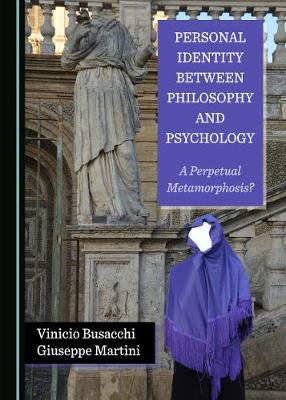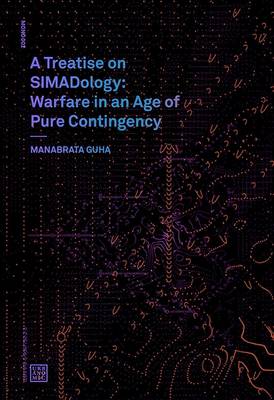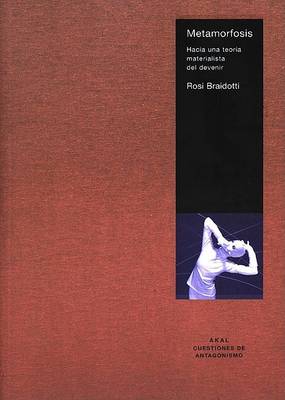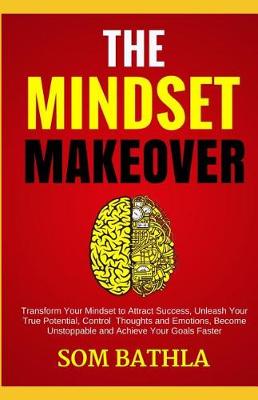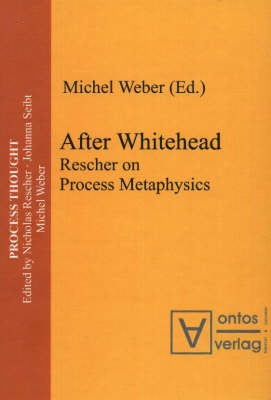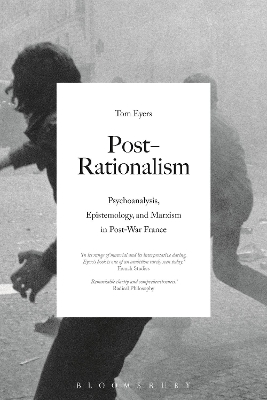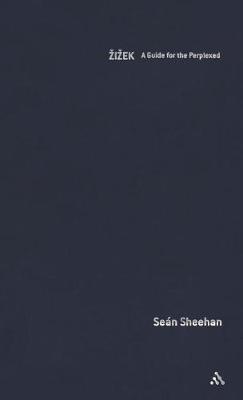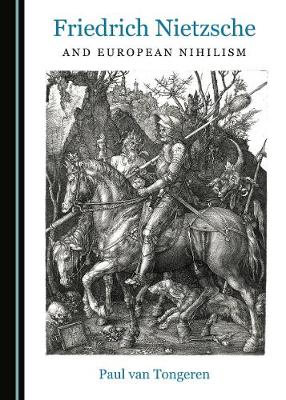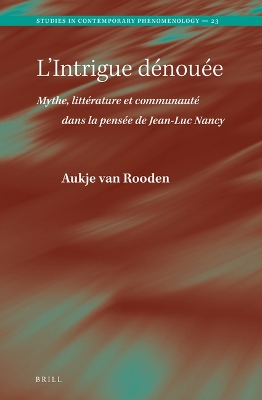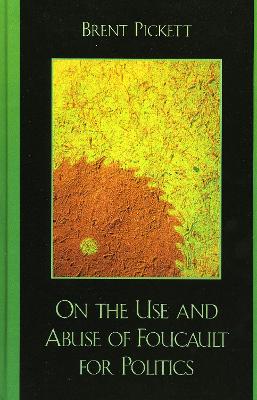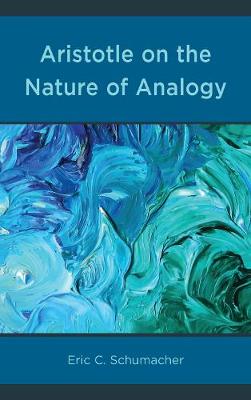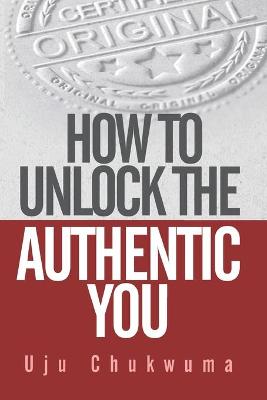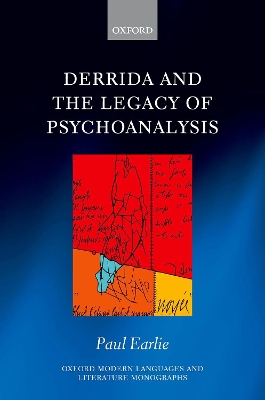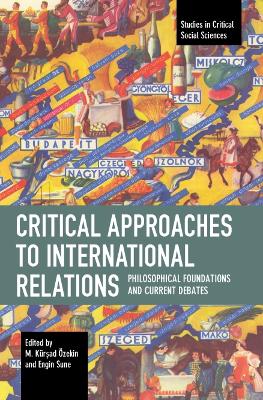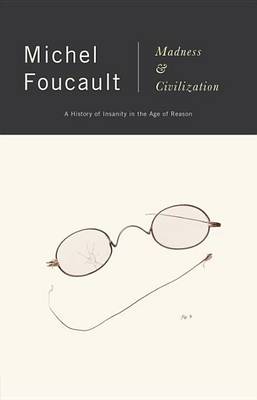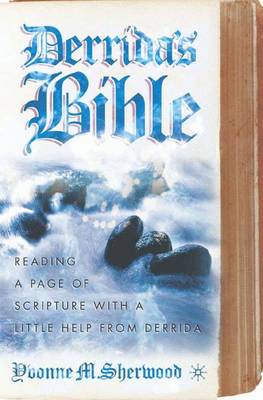The Anti-Oedipus Complex critically explores the post '68 dramatic developments in Freudo-Lacanian psychoanalysis and cultural theory. Beginning with the decline of patriarchy and the master, exemplified by Freud's paean for the Father, the revolutionary path was blown wide open by anti-psychiatry, schizoanalysis and radical politics, the complex antimonies of which are traced here in detail with the help of philosophers, such as Nietzsche, Baudrillard, Levinas, Steiner, Zizek, Badiou, Derrida a...
The Problem of Difference (Toronto Studies in Philosophy)
by Jeffrey A. Bell
Beginning with Plato and Aristotle, philosophers throughout history have built their theories around the problem of reconciling a fundamental distinction, as for example, Plato's distinction between knowledge (reality) and opinion (appearance), Descarte's mind/body distinction, and Kant's a priori/a posteriori distinction. This 'problem of difference' is a classic theme in philosophy, and one that has taken especially intriguing turns in recent decades. Jeffrey A. Bell here presents a finely con...
Personal Identity between Philosophy and Psychology
by Vinicio Busacchi and Giuseppe Martini
What is personal identity? What forms its nature? Is there a difference between identity and personality? What makes a 'person' an individual, and what exactly is the person? What role is played by character, nature, environment, society, values and destiny in defining and substantiating a personal identity? The dialectics of different disciplinary approaches and knowledges, as well as different theoretical-speculative perspectives and traditions, can be more productive in deepening and readdres...
This 'treatise' challenges Deleuze and Guattari's 'nomad war machine' model and retools it for the twenty-first century. The emergent condition of twenty-first century 'war' entails thinking in terms of pure tacticities-mechano-in-organic insinuations of terror, surprise and havoc which, while seemingly event-specific, remain indifferent to, but complicit with/in the very medium in which they are actuated. The emergent embodiment of such insinuations is the SIMAD-a Singularly Intensive Mobile Ag...
After Whitehead (Process Thought, #1)
When Reschers Process Metaphysics (1996) was published, it was widely acclaimed as a major step towards the academic recognition of a mode of thought that has otherwise been confined within sharp scholarly boundaries. Of course it is not an easy book: despite its stylistic clarity, it remains the complex outcome of a lifes work in most areas of philosophy. The goal of the present volume is to systematically unfold the vices and virtues of Process Metaphysics, and thereby to specify the contempor...
Post-Rationalism (Bloomsbury Studies in Continental Philosophy)
by Dr. Tom Eyers
Post-Rationalism takes the experimental journal of psychoanalysis and philosophy, Cahiers pour l'Analyse, as its main source. Established by students of Louis Althusser in 1966, the journal has rarely figured in the literature, although it contained the first published work of authors now famous in contemporary critical thought, including Alain Badiou, Jean-Claude Milner, Luce Irigaray, Andre Green and Jacques-Alain Miller. The Cahiers served as a testing ground for the combination of diverse in...
Zizek: A Guide for the Perplexed (Guides for the Perplexed) (Continuum Guides for the Perplexed)
by Sean Sheehan
One of the most widely-read thinkers writing today, Slavoj Zizek's work can be both thrilling and perplexing in equal measure. Zizek: A Guide for the Perplexed is the most up-to-date guide available for readers struggling to master the ideas of this hugely influential thinker. Unpacking the philosophical references that fill Zizek's writings, the book explores his influences, including Lacan, Kant, Hegel and Marx. From there, a chapter on 'Reading Zizek' guides the reader through the ways that h...
Defilement and Purgation in the Book of Hebrews (Studies in Jewish and Christian Literature)
by William G Johnsson
This book is a thorough study of Nietzsche's thoughts on nihilism, the history of the concept, the different ways in which he tries to explain his ideas on nihilism, the way these ideas were received in the 20th century, and, ultimately, what these ideas should mean to us. It begins with an exploration of how we can understand the strange situation that Nietzsche, about 130 years ago, predicted that nihilism would break through one or two centuries from then, and why, despite the philosopher des...
Cet ouvrage est le premier à proposer une recherche systématique du rapport entre communauté et littérature dans la pensée de Jean-Luc Nancy. L'auteure développe la thèse originale que cette relation doit être comprise comme une refonte du mythe. This is the first book to provide a systematic investigation of the relation between community and literature in the work of Jean-Luc Nancy. The author develops the original claim that this relation has to be understood as a rethinking of myth.
Sensitive to the discontinuities in Foucault's thought, neither critical nor slavishly devotional, On the Use and Abuse of Foucault for Politics demonstrates how Foucault is relevant for contemporary democratic theory. Beginning with a discussion of the interrelated ideas of power and resistance, Brent Pickett provides an interpretation of Foucault's political philosophy, including a comprehensive overview of the reasons for various conflicting interpretations, and then explores how well the dif...
Focusing primarily on Aristotle's Physics Alpha, an attempt is made to establish the structure and significance of the Aristotelian analogy. Traditionally, the concept of analogy in Aristotle has been treated along two lines of interpretation. In this book, these are referred to as the mathematical interpretation and the correlative interpretation. The mathematical approach claims that the Aristotelian analogy only accounts for proportional comparisons between usually four things. On the oth...
Derrida and the Legacy of Psychoanalysis (Oxford Modern Languages and Literature Monographs)
by Paul Earlie
In Derrida and the Legacy of Psychoanalysis, Paul Earlie offers a detailed account of the importance of psychoanalysis in Derrida's thought. Based on close readings of texts from the whole of his career, including less well-known and previously unpublished material, the title sheds new light on the crucial role of psychoanalysis in shaping Derrida's response to a number of key questions. These questions range from the psyche's relationship to technology to the role of fiction and metaphor in sci...
Revisionen Der Zeitlichkeit (Phanomenologische Untersuchungen)
by Iris Elisabeth Laner
Critical Approaches to International Relations: Philosophical Foundations and Current Debates explores the achievements of a wide variety of critical approaches in International Relations theory, discusses the barrage of criticism and theoretical openings they levied against the IR orthodoxy, and suggests future potential critical IR scholarship to improve not only our explanatory possibilities, but also our ethical and practical horizons. In line with its broad objective, this book examines a...
Michel Foucault examines the archeology of madness in the West from 1500 to 1800 - from the late Middle Ages, when insanity was still considered part of everyday life and fools and lunatics walked the streets freely, to the time when such people began to be considered a threat, asylums were first built, and walls were erected between the "insane" and the rest of humanity.
Derrida's Bible (Religion/Culture/Critique)
In the last few years, Derrida has gained a great deal of attention from scholars of biblical studies and theology. The contributors to Derrida's Bible explore the relationships between Derrida, theory, and religious studies. Unlike other books on Derrida, this collection is primarily focused on biblical studies, where others are concerned with Derrida and religion in general.
The Collapse: Philosophical Research and Development (Urbanomic / Collapse)
Addresses the "deanthropomorphization" of reality initiated by the Copernican Revolution and the enduring chasm between the spontaneous image of reality bequeathed to us by evolution and that revealed by the sciences in the wake of Copernicus.Ever since Nicolaus Copernicus unmoored the Earth from its anchorage at the centre of the Universe and set it hurtling around the Sun, science has progressively uncovered the lineaments of an objective reality to which human experience stands as only the mo...
